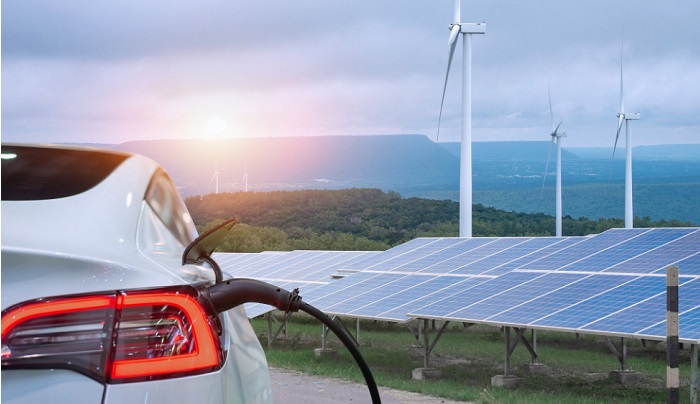European Union scientists are currently investigating ways to enhance communication between electric cars and smart grids throughout Europe. The objective is to prevent power outages caused by the simultaneous charging of millions of electric vehicles. Presently, Europe’s electricity grid is stable and can withstand variations of up to 20% in either direction. However, as electric mobility grows, there is a potential challenge posed by peaks in charging demand.
EU researchers at the JRC warn that the rise of electric cars in Europe could lead to significant power demand peaks when millions of vehicles charge simultaneously. To tackle this issue, they propose implementing technology that allows vehicles to communicate with the power grid. This solution involves the grid signaling to electric cars when demand exceeds capacity. Real-time updates on the grid’s power reserves would enable seamless information flow between charging stations and vehicles. Constant communication, including battery status and desired voltage, is seen as vital for a functional ecosystem.
To manage a surge in electricity demand, the researchers suggest temporarily slowing down the rate of charging. This means that a vehicle’s power consumption would decrease until the grid stabilizes. For instance, charging might temporarily reduce from 22 kilowatts to 12 kilowatts, or even down to 3 kilowatts. Although this might add a few minutes to the overall charging time, it would save the grid from overloading.
While some 3.1 million electric cars are currently on the roads in Europe, this number is expected to rise significantly as electric vehicles become more popular. To ensure the stability of the power grid after the electric vehicle revolution, scientists emphasize the importance of incorporating the necessary technology into vehicles to enable effective communication with the grid. This may incur some additional expenses for installing new technology in the vehicles, but it is anticipated to become more cost-effective with mass production.
Moreover, the researchers envision a future where electric vehicles not only consume energy but also feed energy back into the grid. These vehicles could act as a means to stabilize the grid during periods when renewable energy sources, such as solar and wind, are insufficient. By utilizing electric vehicles to balance the power grid, the need for fossil fuel power production can be reduced or even eliminated, leading to a more sustainable and environmentally friendly electricity system.





































